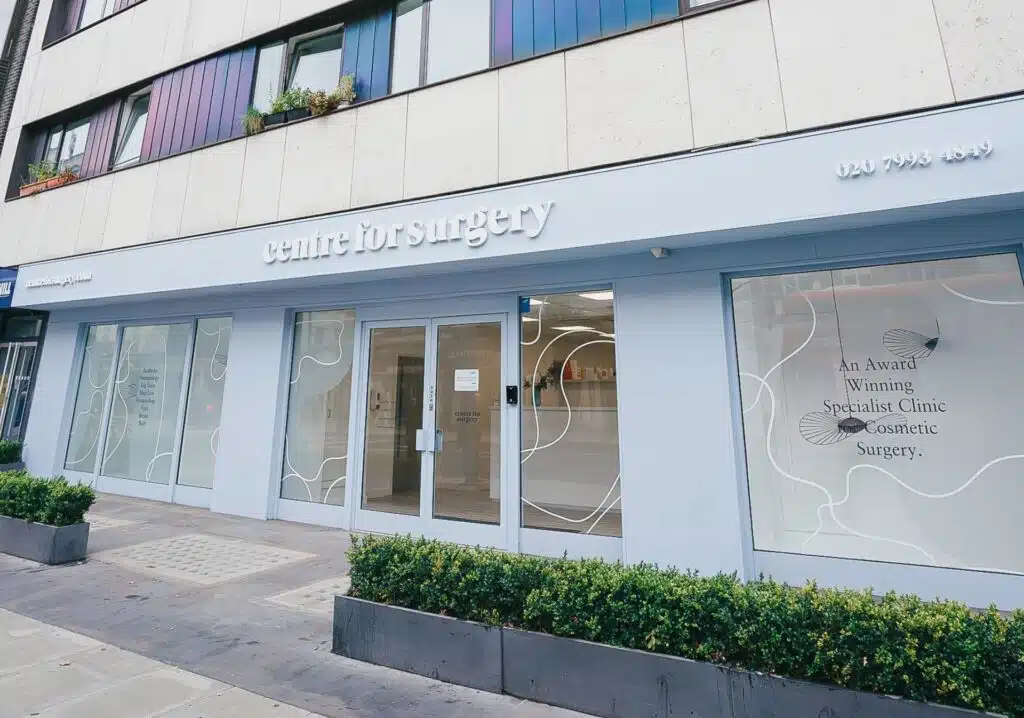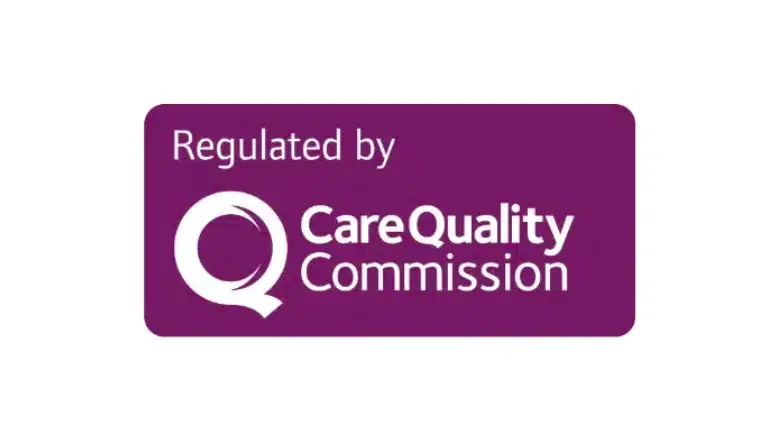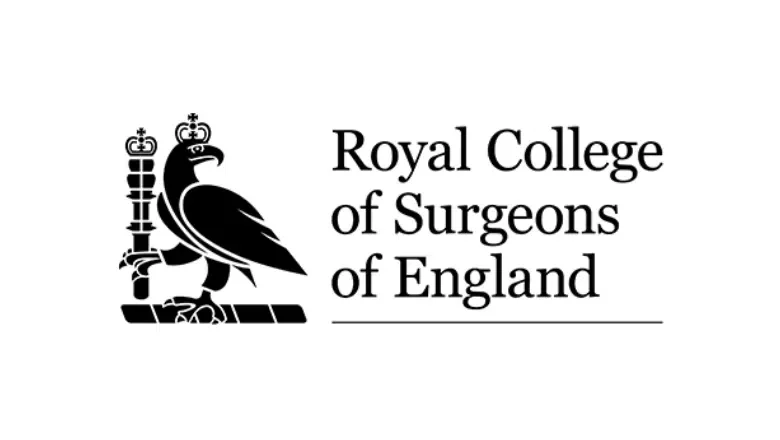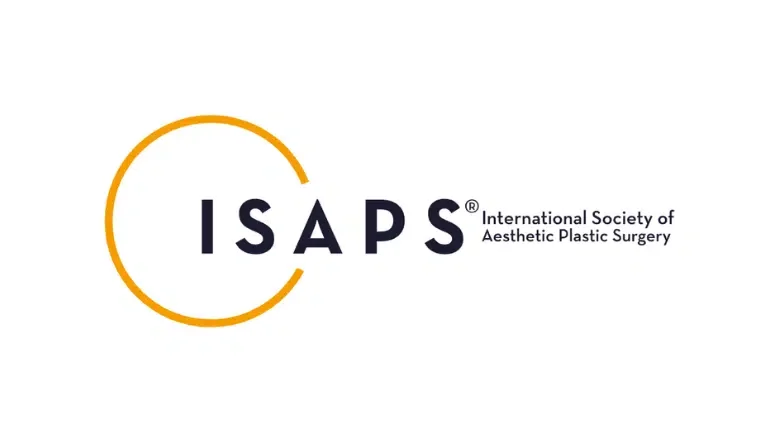Are you considering undergoing a plastic surgery procedure? No matter what type of procedure you are considering, it’s safe to assume that you’re full of questions.
Fortunately, we can help answer all your frequently asked questions about plastic surgery.
Do I need to lose weight before my procedure?
Before you consider plastic surgery, it is recommended that you try to lose as much weight as possible and get as close to your ideal weight as possible. Once you reach this weight, you will need to stay at a stable body weight.
RELATED: Does Weight Matter for a BBL?
Being obese not only increases your risk of having certain health issues, it also makes surgery riskier.
Before you consider surgery, it’s best to ensure you have a healthy body mass index (BMI). This is done by dividing your weight by your height. A healthy BMI for an adult will be between 18.5 and 25. Anything between 25 and 30 is considered overweight, and over 30 is obese. Surgery will often be refused until you have a BMI that falls within the healthy range.
Do I need to stop taking any medications?
It depends on what type of medication you are taking. For example, you will need to stop taking any blood-thinning medications. Before your procedure, you will have a consultation with your surgeon. You must tell your surgeon about your medical history and any medications you are currently taking. Your surgeon can advise whether your medications will cause any complications during the procedure or the recovery period.
What type of anaesthetic is used?
Centre for Surgery has numerous options for anaesthetic, including:
- Local anaesthetic: This will allow you to remain awake throughout the procedure. The area where the procedure is being performed will be numbed with the anaesthetic, so you will be unable to feel any discomfort or pain.
- General anaesthetic
The anaesthetic you use will vary depending on which procedure you are having. Many procedures will have the option of having a general anaesthetic, as patients often do not want to be awake for the procedure.
RELATED: Types of Anaesthesia Used in Plastic Surgery
What is the recovery period like?
This will vary from person to person and will depend on your procedure. Centre for Surgery offers day procedures, so you will not require an overnight stay. Non-surgical cosmetic procedures will involve a minimal recovery period, and you may experience a few side effects. However, many of the larger surgical procedures will require you to take a certain amount of time off work, avoid strenuous activity and possibly wear garments to help with common side effects such as bruising and swelling.
If your surgery involved an incision, you may require stitches, which can be dissolvable or will require a follow-up appointment to be removed. The scar may be prominent after surgery; however, with time, the scar will change colour and reduce in size and noticeability.
Centre for Surgery has tips you can follow before and after your procedure to speed up recovery time.
Is surgery safe?
As with any type of surgical procedure, plastic surgery has risks. However, there are ways to minimise these risks and side effects.
RELATED: Cosmetic Surgery Risks
Before undergoing any procedure, you will have a consultation with a surgeon. This will give you a chance to discuss your medical history so the surgeon will know if you are taking any medication that could cause complications. Make sure you disclose if you are taking any medications or have any health problems—you may not realise it, but some may prevent you from having surgery or cause problems. Disclosing your full medical history will allow the surgeon to ensure you have the safest procedure possible.
It is also recommended that you quit smoking before surgery and during the recovery period, as this will make the recovery process quicker.
Is plastic surgery right for me?
Plastic surgery is an effective way to boost your appearance. If you suffer from low confidence or self-esteem or dislike your body image, plastic surgery can offer a solution. Plastic surgery doesn’t just help your mental well-being; it can also improve your physical health. In some instances, patients will experience physical pain or health issues that plastic surgery can remedy.
Do you have any other questions? Contact the Centre for Surgery to have them answered or to book a consultation with a surgeon today.










